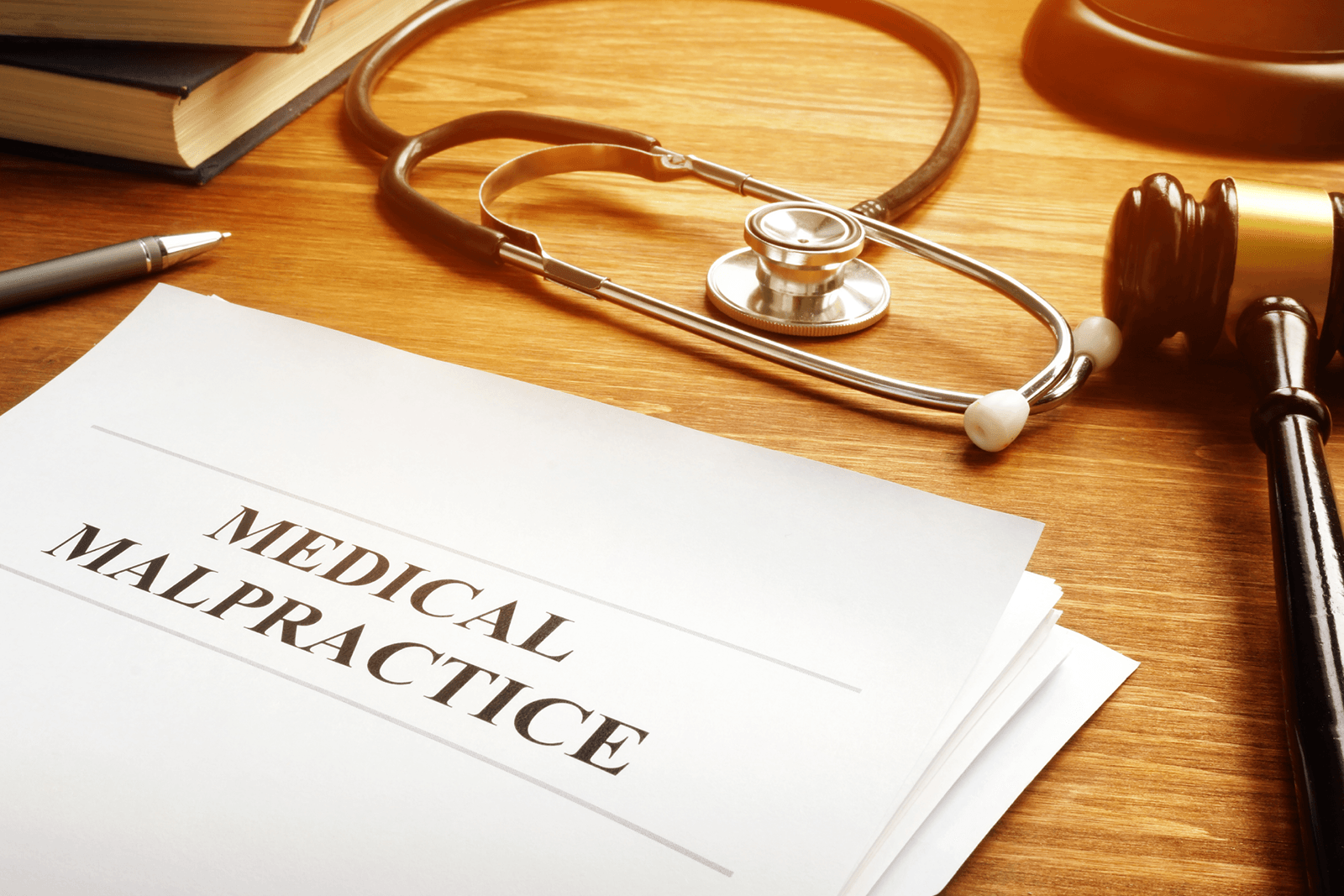Filing a Wrongful Death Claim in Illinois
Death is an inevitable part of life, but that doesn’t make it any easier on loved ones to lose a member of their family. This is especially the case when a life is lost due to the negligence of another person. When a person is killed because of someone else’s misconduct, the surviving family members may have the right to file a wrongful death case under Illinois law. This can make all the difference for loved ones that are not only experiencing a devastating loss, but also enduring financial hardships due to the loss. There is no amount of money that can compensate for the loss of a life, but damages can be used to cover medical bills, funeral costs, lost wages, etc. There are many details that can go into filing a successful wrongful death case in Illinois, so read on to learn everything you need to know.
ILLINOIS STATE LAW
Each state handles personal injury cases differently, and wrongful death lawsuits are no exception. In Illinois, there are state laws that define wrongful death cases, define who can file a claim, and sets statutes of limitations. These are all crucial elements to consider when building a strong wrongful death case. In this blog, we will go over the general rules, but each case is different, so it is always recommended to meet with a personal injury attorney to review your case.
WRONGFUL DEATH DEFINED
First, let’s define what an Illinois wrongful death case is. According to the Illinois General Assembly,
“Whenever the death of a person shall be caused by wrongful act, neglect or default, and the act, neglect or default is such as would, if death had not ensued, have entitled the party injured to maintain an action and recover damages in respect thereof, then and in every such case the person who or company or corporation which would have been liable if death had not ensued, shall be liable to an action for damages.”
This means that a wrongful death claim is a lawsuit brought about on behalf of someone who has died due to the neglect or misconduct of someone else. If the victim had not died, they would have had the right and ability to recover damages themselves. This kind of lawsuit allows the family of the deceased to recover damages on their behalf. Some common examples of situations that result in wrongful death cases are: the intentional killing of a person, medical malpractice resulting in death, fatal car accidents, criminal behavior, lethal occupational exposure to hazardous conditions, etc.
STATUTE OF LIMITATIONS
All civil actions have a statute of limitations, or a time period, during which a claim must be filed. If a claim is not filed during this time, you lose your right to sue. According to 735 ILCS 5/13-209, a wrongful death case must be filed within the time set by the statute of limitations for the underlying type of case, or within 1 year of the date of the deceased person’s death – whichever date is later. For example, a personal injury case in Illinois must be filed within 2 years of the date of the accident. So, that means the representatives of the deceased have at least 1 year, but no longer than 2 years, to file the lawsuit in Illinois.
WHO CAN FILE A CLAIM?
If a person dies as a result of someone else’s negligence, it is up to the remaining family members to file a wrongful death lawsuit within the time period explained above. In Illinois, the person presenting the claim to the court must be the personal/estate representative of the deceased. This person may be:
- The spouse
- The parent if the deceased was a minor
- An adult child of the deceased
- Any other state appointed personal/estate representative
WHAT IS REQUIRED TO FILE A WRONGFUL DEATH LAWSUIT
There are certain elements, some of which are explained above, that need to be present in order to have a successful wrongful death case. These almost always include:
- The death of a human being
- A death that is caused by negligence of another person
- Surviving family members who are incurring unforeseen financial difficulties due to the death
- The appointment of a personal representative
Aside from the specific rules that each state chooses to follow regarding wrongful death cases, there are many important elements required that will vary from case to case. That’s why it’s always important to work with an experienced personal injury attorney that will give your case the attention that it needs.
SEEKING DAMAGES IN ILLINOIS
In Illinois, damages are awarded to the spouse or next of kin in accordance to what is deemed just and fair. 740 ILCS 180/2 states:
“Every such action shall be brought by and in the names of the personal representatives of such deceased person, and, except as otherwise hereinafter provided, the amount recovered in every such action shall be for the exclusive benefit of the surviving spouse and next of kin of such deceased person. In every such action the jury may give such damages as they shall deem a fair and just compensation with reference to the pecuniary injuries resulting from such death, including damages for grief, sorrow, and mental suffering, to the surviving spouse and next of kin of such deceased person.”
Additionally, level of dependency is also taken into consideration. The court will assess the circumstances and award compensations according to level of dependency on the deceased person.
WHITESIDE & GOLDBERG, LTD.
If you are in the Chicago area, Whiteside & Goldberg, Ltd. offers free consultations for anyone who would like to discuss their case. We know that it is never easy to lose a loved one, but we are here to help you receive the compensation that you need. The attorneys at Whiteside & Goldberg Law Group never charge a fee until they win a settlement for you. You can contact them today at by calling 312-334-6875 for the Whiteside & Goldberg Law Group Michigan Avenue location and 815-730-7535 for their Shorewood office.
The content of this blog is intended for informational purposes only and does not constitute or establish an attorney-client relationship, nor constitute legal advice. If you wish to discuss any further aspect of the material contained herein, please contact an attorney at Whiteside & Goldberg, Ltd.





